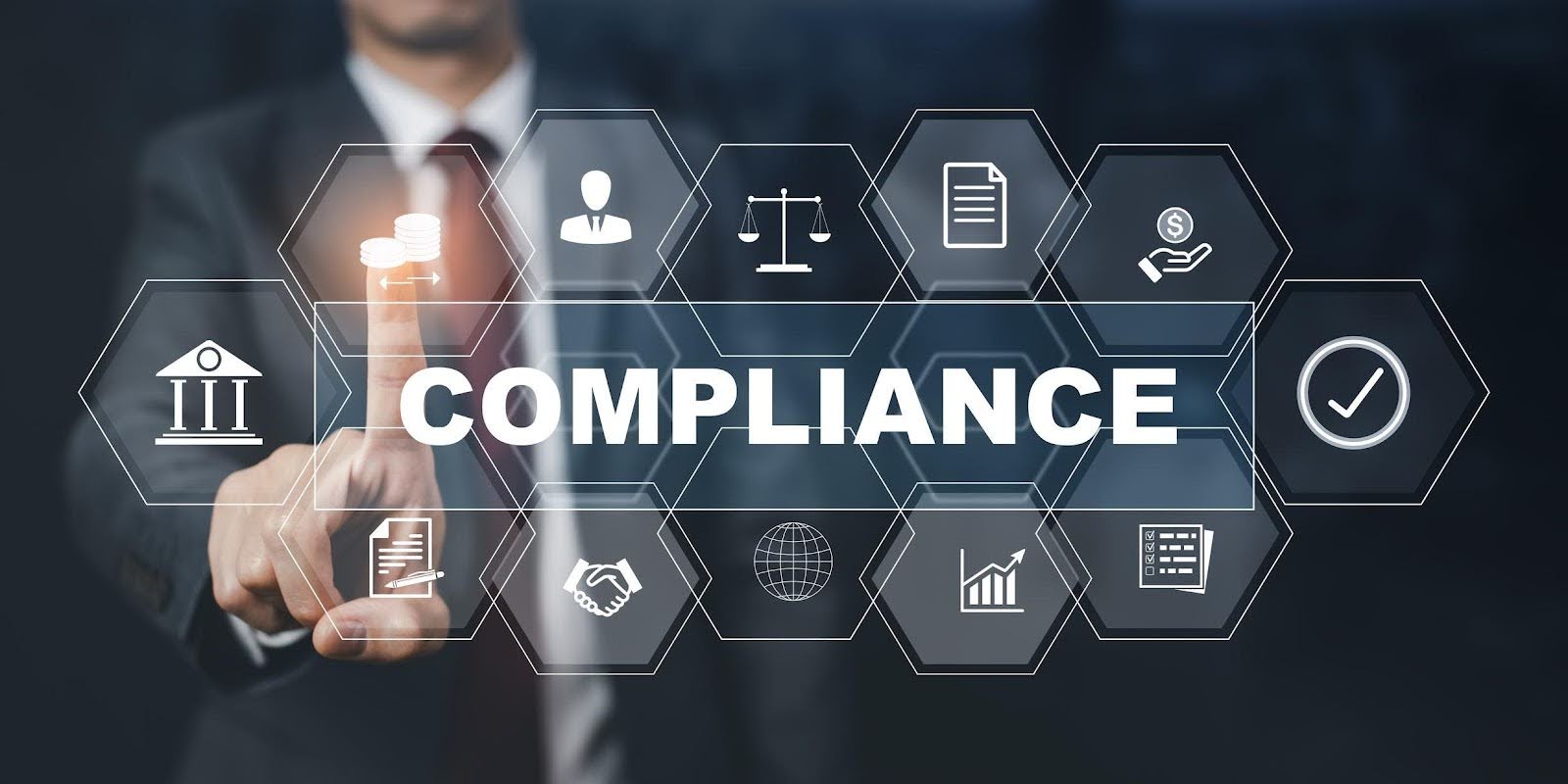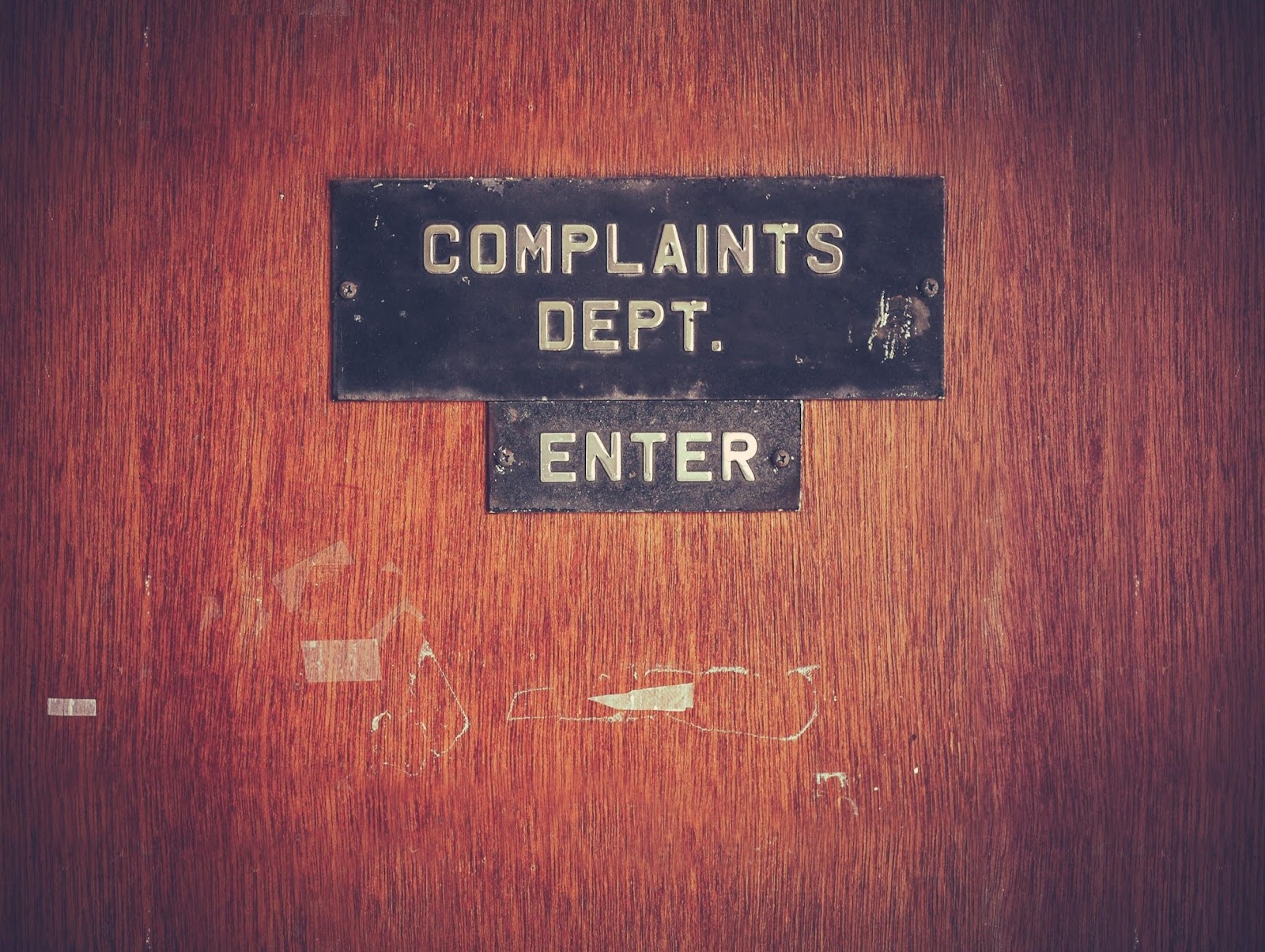
Outbound calls, whether for sales, telemarketing, or lead generation, are strictly regulated to protect consumers from unwanted telemarketing calls (and scams). As the laws, rules, and regulations continue to evolve, it’s essential for any business that makes outbound calls to stay compliant to avoid legal penalties, fines, or other forms of damage to their reputation.
This 10-step guide will help your business ensure its telemarketing calls are in compliance with the latest laws, rules, and regulations in 2025.
The Telemarketing Sales Rule (TSR) sets the foundational requirements for outbound calls, particularly for sales and telemarketing.
Call Time Restrictions: Telemarketers may only call consumers between 8 a.m. and 9 p.m. local time.
No Calls to DNC-Listed Numbers: Consumers who have registered their number on the National Do Not Call (DNC) Registry cannot be called for sales purposes, except under specific exceptions (e.g., established business relationships).
Clear Disclosures: Telemarketers must identify themselves, the company they represent, and the purpose of the call early in the conversation. Any offers made must be clearly explained without deception.
Express Written Consent: Beginning in 2025, businesses must secure explicit written consent before calling individuals for sales purposes, especially if using automated or prerecorded messages.
The Telemarketing Sales Rule (TSR) has been updated for 2025 with more stringent requirements. Key changes include:
Stricter Robocall Regulations: Robocalls and automated dialing systems are prohibited for sales calls unless the recipient has given explicit written consent.
New Outbound Call Caps: Outbound call centers must monitor the frequency of their calls. Businesses are limited to three attempts per day for each consumer, and repeated calls without response must stop after the third day.
Pre-recorded Message Guidelines: If using prerecorded messages, they must include an opt-out mechanism (such as pressing a specific number), and calls without this feature will be considered violations of federal law.
Monitor the FTC’s official website (https://www.ftc.gov/) or subscribe to legal updates from trusted sources to stay informed on any modifications to these rules.
The Telephone Consumer Protection Act (TCPA) also governs outbound calls, particularly focusing on outbound compliance for receiving telemarketing calls.
Consent Requirements for Auto-dialers: Businesses must have prior express written consent to make calls using automatic dialing systems, prerecorded messages, or SMS.
Cell Phone Restrictions: Without proper consent, making telemarketing calls to cell phones using automated systems is prohibited.
Maintaining Call Logs: Keep accurate records of call activities, including consent forms and opt-out requests, in case of audits or legal challenges.
The Do Not Call Registry is a crucial component of outbound calling compliance. A contact center making unsolicited calls to numbers on the DNC list is not only committing a federal law violation, but is also open to civil lawsuits from those who are receiving telemarketing calls.
Register as a Telemarketer: Telemarketing businesses must register with the National Do Not Call Registry. The definition of entities considered to be making telemarketing calls has changed, so even those soliciting donations may now be considered as telemarketing under these new government regulations.
DNC Scrubbing: Businesses must regularly scrub their calling lists against the DNC registry to ensure they do not call registered numbers. Automated solutions are available to perform this task, and it should be done at least every 31 days.
DNC Exceptions: Calls to consumers who have an existing relationship with your business, or who have given explicit written consent, may be exempt from DNC restrictions.
A Q&A directly from the Federal Trade Commission for outbound compliance and existing relationships with regard to the DNC can be found here:
https://www.ftc.gov/business-guidance/resources/qa-telemarketers-sellers-about-dnc-provisions-tsr-0
Having a compliance program is essential to avoid violations. Between the Telephone Consumer Protection Act (TCPA) and Telemarketing Sales Rule (TSR) change taking effect in January 2025, there is a lot to keep up with.
Many states have their own regulations for outbound calls, so having a compliance and training program for your outbound call center is crucial.
Internal Do Not Call Lists: Create an internal DNC list to record individuals who have opted out of receiving telemarketing calls. Calls to these numbers must cease immediately.
It's not only the Federal Trade Commission and Federal Communications Commission that you have to worry about. Professional law firms and serial litigators can also bring civil lawsuits for violations of the TCPA, TSR, or national DNC registry.
To learn more about these groups that use regulation loopholes to sue outbound call centers for every violation (sometimes entrapping them through nefarious methods), you can read our article about Litigator Phone Traps.
Call Monitoring and Documentation: Use systems that track each outbound call, including when it was made, to whom, and the outcome of the conversation. This helps ensure compliance with regulations for outbound calls like the three-call limit.
Also look for a system that can control outbound calls to comply with time zone differences. In today's world, the phone owner may not be in the same time zone as their area code may indicate. If this is discovered, update your call lists to change that customer's time zone immediately so as not to incur a violation of this regulation.
Regular Training: Train your outbound call center staff regularly to ensure they understand the latest laws and your company’s compliance protocols. Update training materials as new rules are implemented, and ensure that the staff of your contact center understand them. A single outbound call regulation violation can be very expensive.

Even when following best practices, customers may still file complaints about unwanted or unsolicited calls. Remember also that state and local governments may have their own applicable laws regarding complaints.
Having a process to handle these complaints effectively (or failure to do so) can impact compliance for your outbound call center:
Prompt Response: Respond to complaints quickly, and if someone requests to be added to your internal DNC list, ensure that they are immediately blocked from future unsolicited calls.
Investigate Violations: If an error or compliance violation occurs, conduct a quick investigation and take corrective actions to prevent future issues.
Using technology can make compliance more efficient, effective, and error-proof. As more regulations are written concerning telemarketing calls, especially those with prerecorded messages, maintaining outbound compliance manually becomes increasingly difficult.
Here are some practical tips on how technology can help bridge the gap for telemarketing calls to keep up with evolving regulations:
Automated Dialers with Compliance Features: Choose dialing systems that include built-in compliance features such as DNC list scrubbing, call time management, and call tracking.
Consent Tracking Systems: Implement systems that store records of explicit consent and keep these records for five years or more, as required by federal law. Data storage and organization will be more important than ever for outbound call centers starting in January 2025.
Call Recording for Proof of Compliance: Use call recording (where legal) to maintain proof that the necessary disclosures were made during the call. This not only helps to prove your outbound compliance, but can also protect your call center against other forms of complaints that telemarketing calls may receive.
In addition to federal rules like the Telemarketing Sales Rule (TSR) and Telephone Consumer Protection Act (TCPA), state and local governments often have their own outbound calling laws for receiving telemarketing calls.
Shorter calling windows: Some states may restrict calling hours more narrowly than the TSR.
Additional Consent Requirements: Many states may have different standards for what constitutes consent, especially with automated calls or prerecorded messages.
State-Specific DNC Lists: Some states maintain their own Do Not Call lists, which must be used in addition to the federal list (federal law requires the DNC registry from the Federal Trade Commission is checked against your call lists every 31 days).
Consult with legal experts or compliance services to ensure you're meeting the rules for each state where you operate. Keep in mind that laws & regulations regarding prerecorded messages are a major focus right now at all levels of government, and are likely to become more difficult for outbound compliance.
Proper record-keeping can save your business in the event of an audit or lawsuit. Maintaining your records is now a federal law for outbound call center compliance, so it's a legal requirement for any business that makes telemarketing calls to keep them for 5 years.
It can also help protect you by providing evidence in the event of a false claim of disclosure violations or other compliance issues.
Document Consent: Keep written records of consent for every contact you call, including how and when the consent was obtained. Federal law now requires explicit consent, which is yet another update required for a contact center to stay within outbound compliance.
Store Call Logs: Maintain detailed logs of your calls, including call times, the consumer’s response, and whether the call resulted in a sale or an opt-out request. Every contact center needs to have a robust data management system to keep up with numerous applicable laws for outbound call compliance in 2025.
Record Retention: Retain records for at least five years, as mandated by many regulations, to ensure you have a paper trail if your business is audited by any level of government for outbound call compliance for potential violations of the Telephone Consumer Protection Act (TCPA) or Telephone Sales Rule (TSR).
Outbound calling laws & regulations are complex and can change frequently at all levels of government. Regular consultations with legal professionals or compliance experts are necessary to stay on top of updates to the TSR, TCPA, and other relevant laws.
By following these practical tips, your outbound calling campaigns will be better positioned to remain in compliance for 2025 and beyond, avoiding hefty fines or lawsuits for a violation and maintaining customer trust.
As outbound calling rules become increasingly strict, businesses must ensure they comply with the proper laws and regulations, especially regarding prerecorded messages. This step-by-step guide of practical tips provides the foundation, but staying proactive in monitoring changes to federal and state laws will be key to success.
Implementing a robust compliance program, education for your call center staff, leveraging technology, and consulting legal experts can help to keep outbound call centers smooth and compliant.
If you would like professional help to ensure that your outbound call center is using the right technology and procedures to stay in compliance, our team at Call Purity can help. With several decades of experience working with the telecom industry and professional call centers, our team can help to put you on the right track to stay ahead of evolving outbound compliance regulations.